With the United Nations General Assembly, or UNGA, voting in favor of a resolution demanding an end to Israel's occupation of Palestinian territories, experts said the most important contribution of Wednesday's decision was "delegitimizing the occupation" and opening room for potential new political discussions amid the ongoing Gaza conflict.
But they cautioned that the international community must remain vigilant, as the current conflict could swiftly transform into a more perilous confrontation, following Israel's declaration of a "new phase of the war" as it takes aim at Hezbollah in Lebanon, expanding from the original goal of eliminating Hamas in the Gaza Strip, and stepping up the military campaign despite existing UN resolutions and advisories.
Palestinian President Mahmoud Abbas welcomed the adoption of the latest UN resolution and thanked the countries which supported it for standing by the Palestinians to achieve their rights, according to Palestinian news agency WAFA.
Ayman Yousef, a professor of international relations at the Arab American University in Jenin in the West Bank, told China Daily that the UNGA vote was "important at this stage because it had put a deadline".
On Wednesday, the UNGA passed a nonbinding resolution demanding an end to Israeli occupation of Palestinian territories within a year. The resolution was adopted with 124 votes in favor and 14 against, while 43 members abstained.
"I think the timing is really important because it comes at a time of political deadlock … (with) no political settlement or political bargain to end the war over Gaza," said Yousef.
"What is crucial and important about this recommendation, I think, (is) it contributes to delegitimizing the occupation and asking Israel clearly to adopt steps in order to end its occupation," he added.
'New horizons'
Further, Yousef said it might encourage many countries to start imposing some restrictions on Israel, redirecting Israel to go for a fruitful political track or "to open new political horizons in the future".
Among the nations outside the Middle East that supported the resolution were China, France, Russia, Spain, Japan, Norway and Ireland, while those against it included the United States, Israel and Argentina. Among those who abstained were Australia, Ukraine and the United Kingdom.
China supports the resolution draft and voted in favor, and hopes it will be fully implemented, Foreign Ministry spokesman Lin Jian said on Thursday.
"Ending the occupation is not an option, but a legal obligation. And ending the fighting is not just a call from one country, but international consensus," Lin told a news briefing.
The implementation of the two-state solution is the only viable way to resolve the Palestinian question, he said, calling on relevant parties, especially Israel, to fully implement relevant resolutions of the Security Council and the General Assembly, stop the military operations in Gaza without delay and stop the illegal settlement activities in the West Bank.
China will continue to closely communicate with other parties to play a positive and constructive role in reaching a cease-fire, ease the humanitarian crisis and restore peace and stability, and to work for a comprehensive, just and lasting solution to the Palestinian question at an early date, he said.
Yousef highlighted that several European countries voted in favor of the resolution, signaling a shifting position in the European Union on the Palestinian question.
Musab Ibrahim, a police officer in Gaza, told China Daily that the latest development was "a very good step", but added that the question is whether the world has the "ability to force Israel to abide by the international law and UN Resolutions".
Arhama Siddiqa, a research fellow at the Institute of Strategic Studies Islamabad in Pakistan, told China Daily that the international community must remain vigilant, for what began as a regional conflict could swiftly transform into a broader, more perilous confrontation, driven by the ambitions of both local actors and global powers alike.








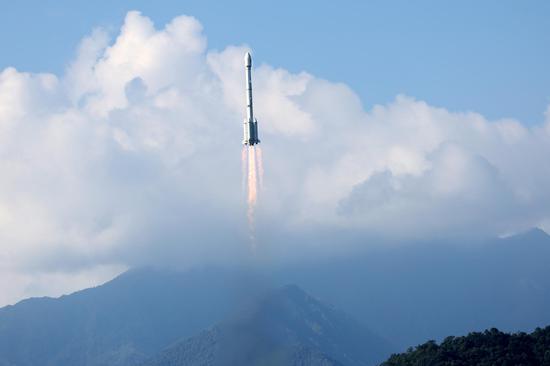








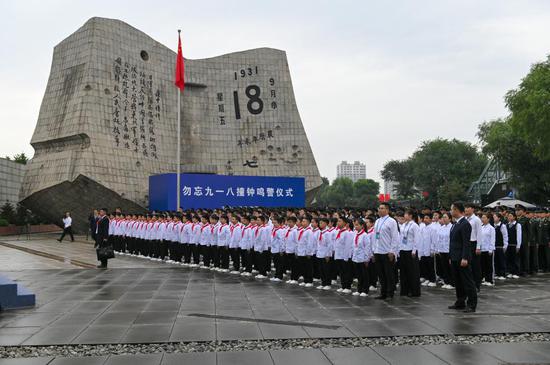

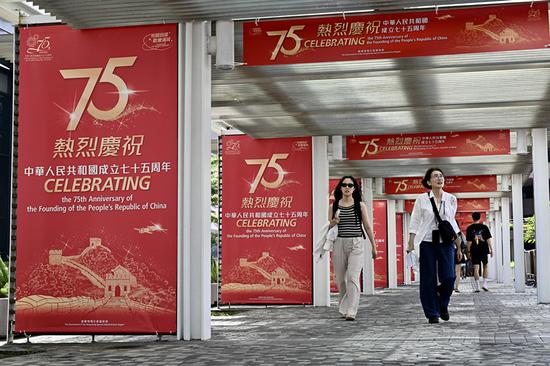

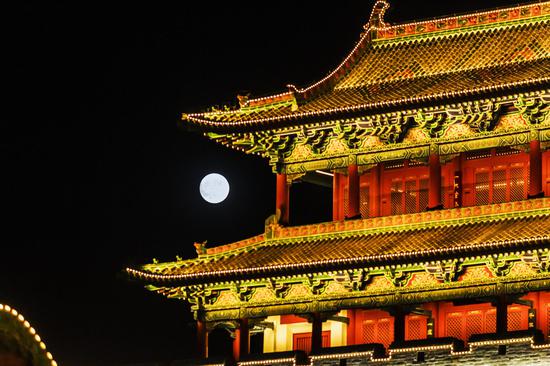



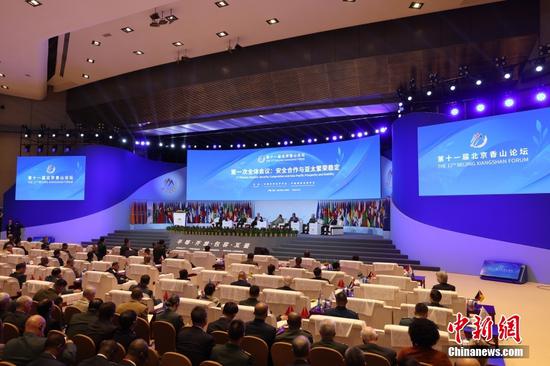





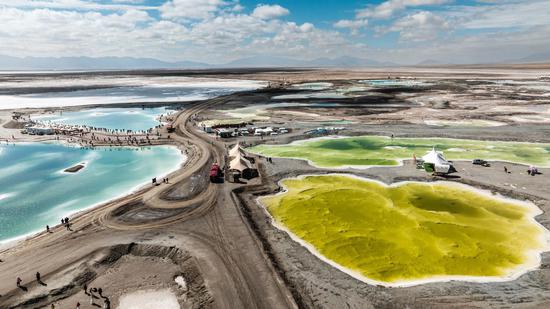
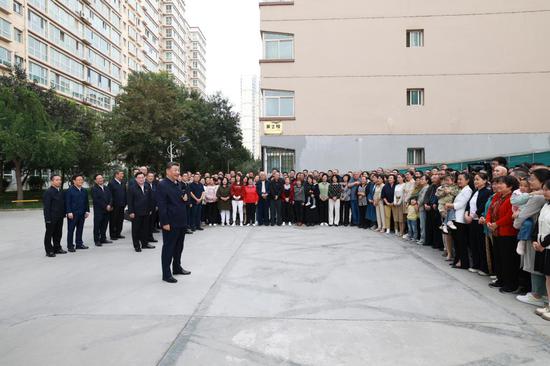
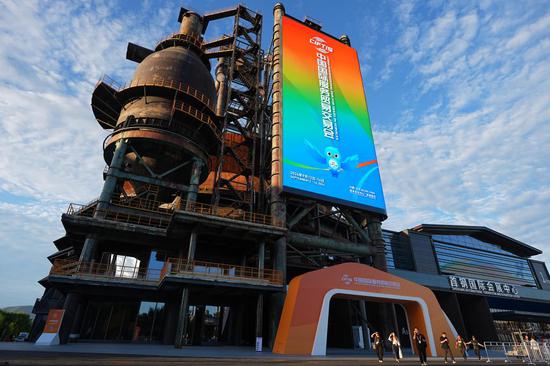
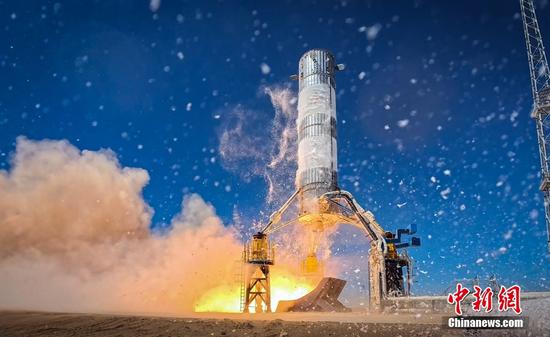








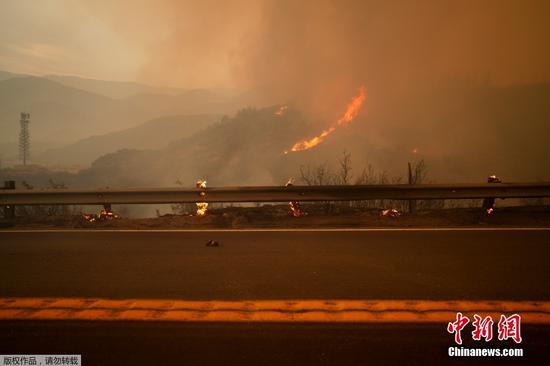
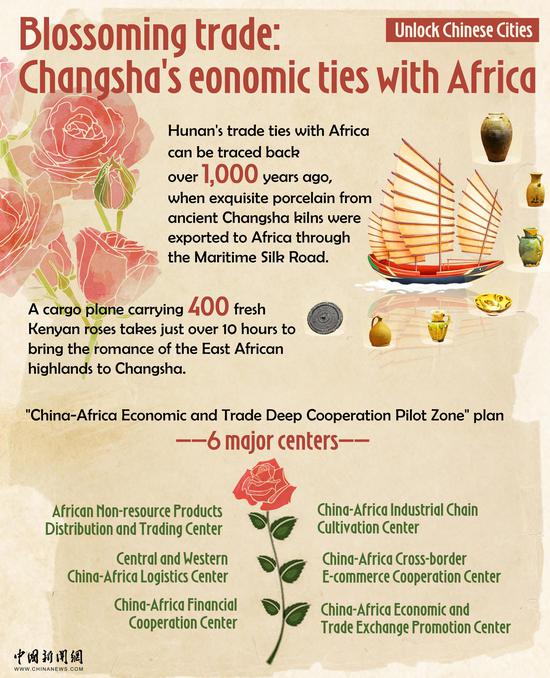





 京公网安备 11010202009201号
京公网安备 11010202009201号